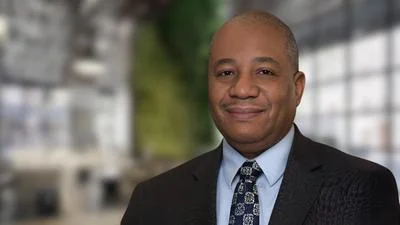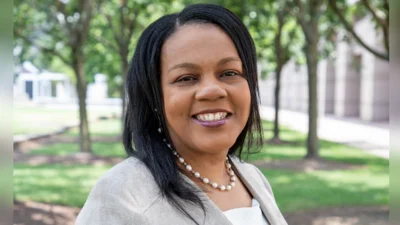Nerissa Price, Wake Med psychiatrist | https://www.wakemed.org/
Nerissa Price, Wake Med psychiatrist | https://www.wakemed.org/
In the days after Raleigh’s mass shooting last week, some have been wondering how to best protect their children from getting desensitized by the violence, and how to cope with the anger and anxiety it can cause.
Dr. Nerissa Price, a psychiatrist at Wake Med, said she was shocked by the shooting but wasn't surprised and she said there needs to be more urgency in addressing young people's mental health.
"How much more does it take for us to get the mental health resources for these children that need it?” she said in a WTVD report. "(H)ave that (be) more accessible to them instead so that they can reach out for help as opposed to reaching out to a gun--which sadly are way too accessible to them."
She said she and her colleagues have seen skyrocketing cases of anxiety and depression, and many of those have come among young people who were further stressed by the pandemic. With the higher number of cases, they've also been seeing more and more young people coming in with homicidal and suicidal ideations, Price said. She blames the negative impacts of social media and the COVID-19 side effect of loneliness that starved young people of human-to-human interaction.
Price says parents can intervene and turn things around even when children are exposed to violence whether in the media or in their own communities.
"My first recommendation would be to have the conversation,” Price said. “They may even have opinions about what is going on, and we want to make sure that our children are processing these types of experiences appropriately and channeling it into positive responses."
Experts suggest that parents should get their kids to be physically active and help them find ways to creatively express their emotions, especially when they have met with violence.






 Alerts Sign-up
Alerts Sign-up